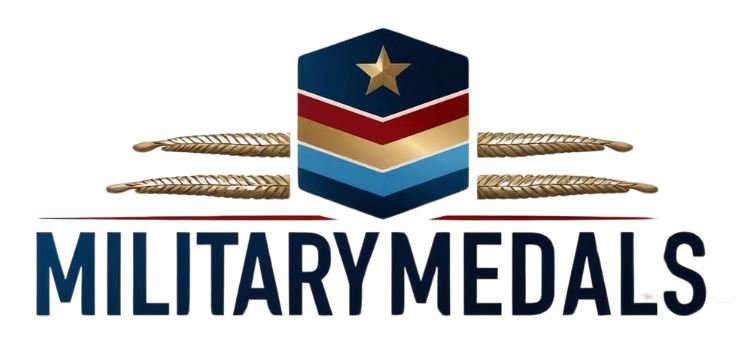Richard Marles, Australia’s defence minister, made a significant decision to strip military medals from some commanders while sparing others in response to alleged war crimes committed by Australian special forces personnel in Afghanistan. This move aimed to showcase accountability within the country. However, the selective nature of this action has reignited debates about the extent of responsibility that top military officials and political leaders should bear for the reported atrocities.
The inquiry led by Maj Gen Paul Brereton in 2020 identified 25 current or former Australian special forces personnel implicated in the unlawful killing of 39 individuals and mistreatment of two others in Afghanistan. While Brereton emphasized the moral command responsibility of troop, squadron, and task group commanders, he absolved higher headquarters from accountability, including Headquarters Joint Task Force 633, led by Angus Campbell at one point.
Despite the findings, criticisms emerged questioning the adequacy of command accountability and political oversight. Concerns were raised about the repeated deployment of a limited group of special forces personnel to Afghanistan and whether this contributed to the risks and alleged misconduct. The government faced backlash from veterans’ groups, opposition parties, and senators, highlighting a perceived lack of justice and accountability in the handling of the situation.
Andrew Hastie, a former SAS captain and current Coalition’s defence spokesperson, expressed his disagreement with the scope of accountability outlined in the Brereton report. He emphasized the need for moral courage throughout the chain of command, including in decision-making processes that impacted operational outcomes. Hastie’s remarks underscored the complex dynamics at play within military operations and the importance of thorough scrutiny at all levels.
Richard Marles, in his role as defence minister, grappled with the recommendations on command accountability, deliberating on the appropriate actions to be taken. The decision to strip medals from fewer than 15 individuals, while keeping others unaffected, reflected a nuanced approach to address the allegations and uphold accountability standards within the military hierarchy.
The ongoing discourse surrounding the war crimes inquiry and subsequent actions taken by the government shed light on the challenges of navigating issues of command responsibility and individual accountability in complex military operations. As the debate continues, the focus remains on ensuring transparency, justice, and integrity in addressing past wrongdoings and preventing similar incidents in the future.
📰 Related Articles
- Defence Minister Revokes Medals in Response to Afghan War Crimes
- Defence Minister Strips Military Medals: Impact on Australian Veterans
- Australia Revokes Medals Over Alleged War Crimes Accountability
- War Hero’s Stolen Medals Returned by South Australia Police
- Australian Government Revokes Honours Over Afghanistan War Crimes






